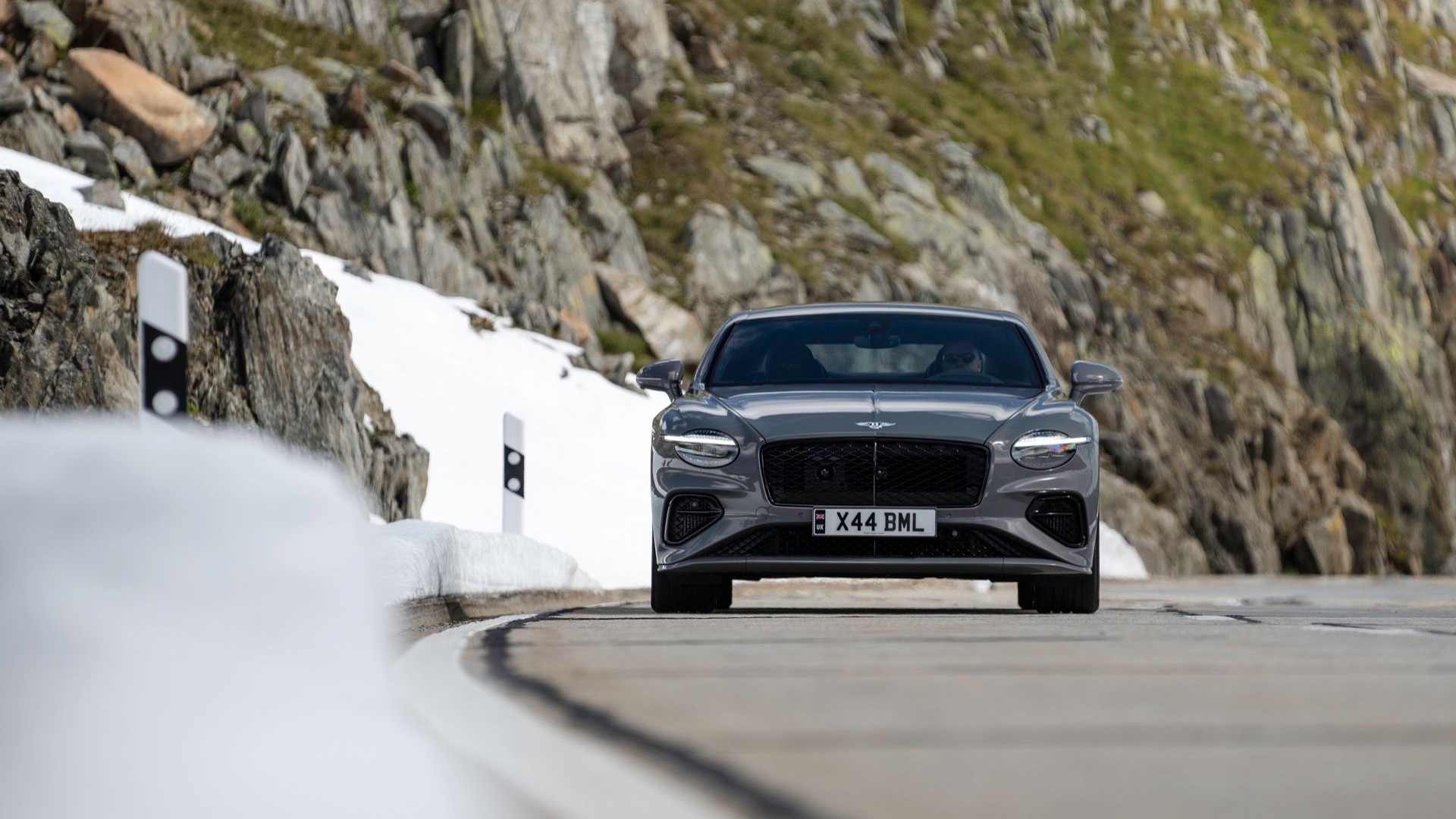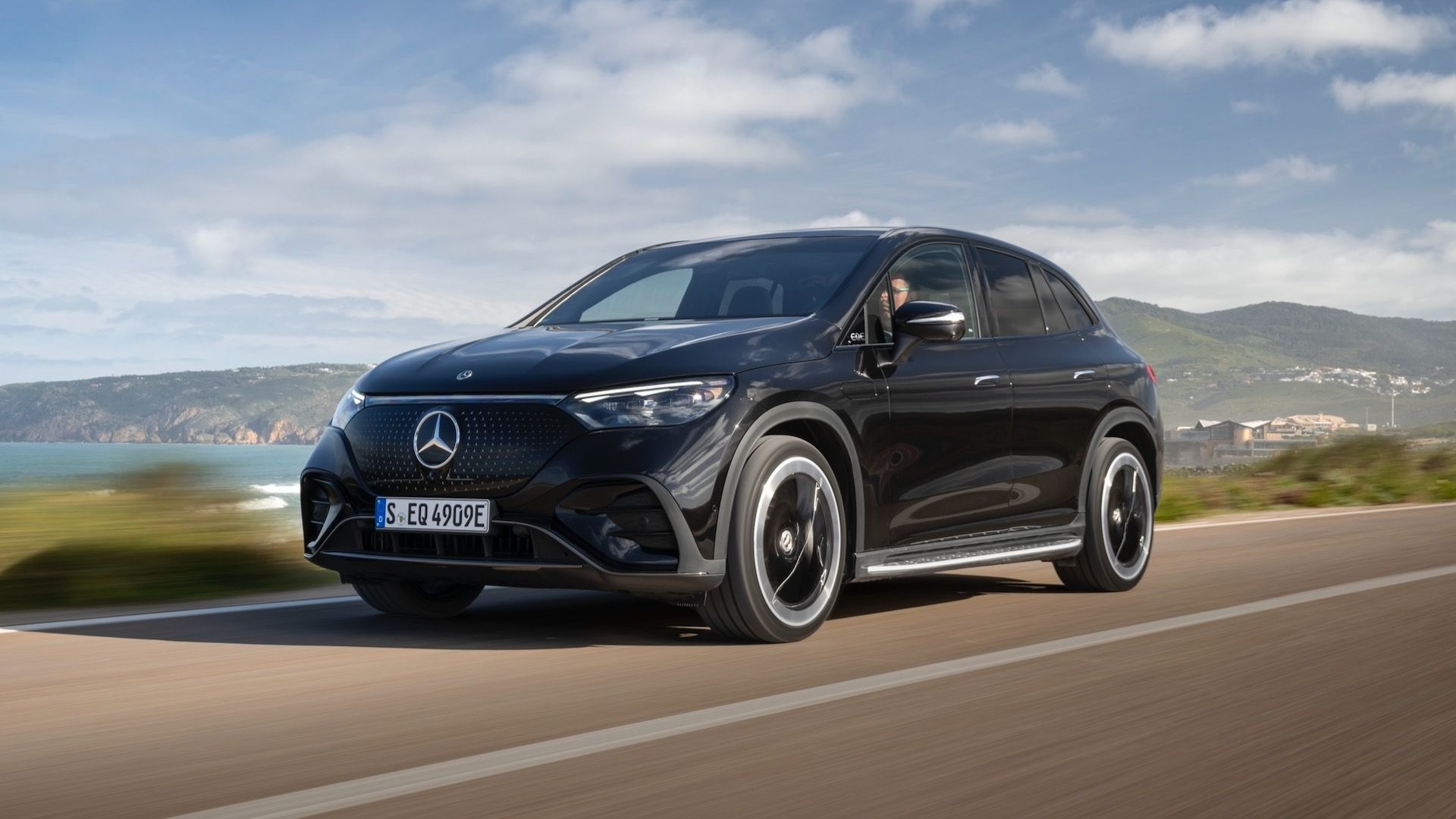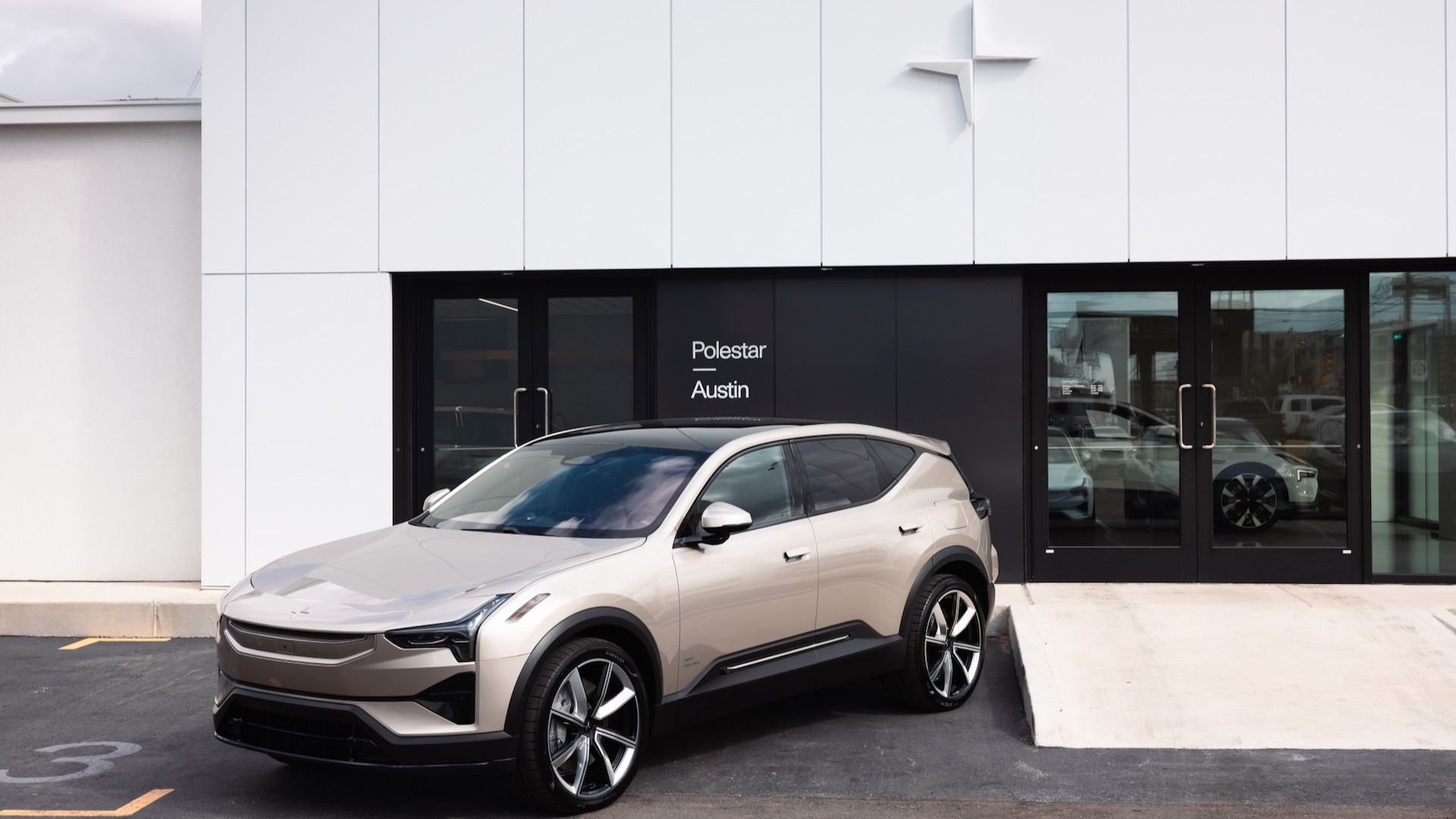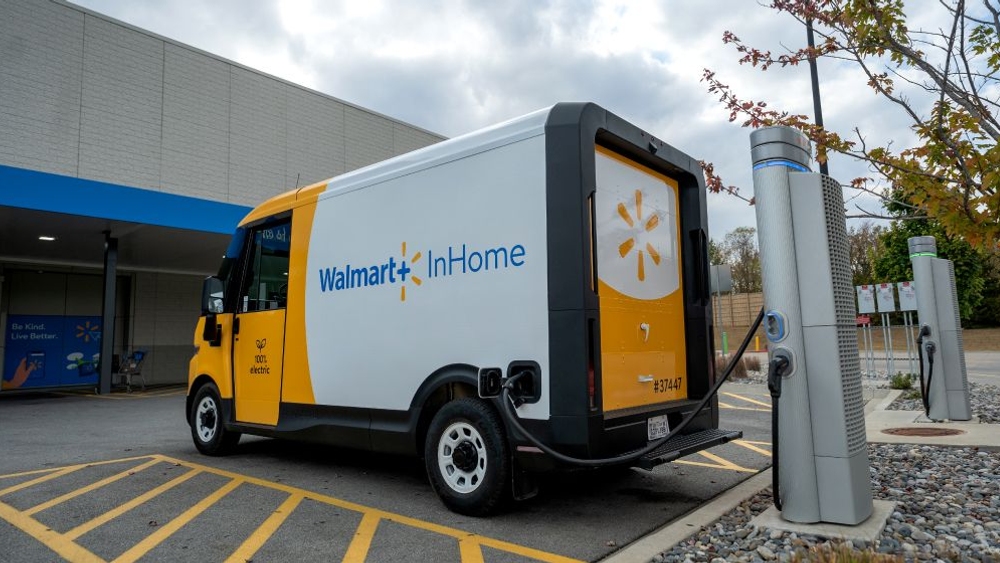Volvo and sibling brand Polestar announced Thursday that they would sell emissions credits to Ford, allowing the American automaker to comply with European Union carbon-dioxide (CO2) emissions rules.
Under the rules, automakers must meet certain emissions-reduction targets, but automakers who surpass those targets receive credits, which can be "pooled" with automakers that might not meet the targets otherwise—in deals that can be quite lucrative.
In a press release, Volvo said revenue from the deal with Ford would go toward "new green technology projects," adding that it was open to pooling credits with other automakers.
Ford dropped out of compliance with the EU regulations due to a recall of 20,500 Kuga plug-in hybrid crossovers, after seven vehicles caught fire while charging.
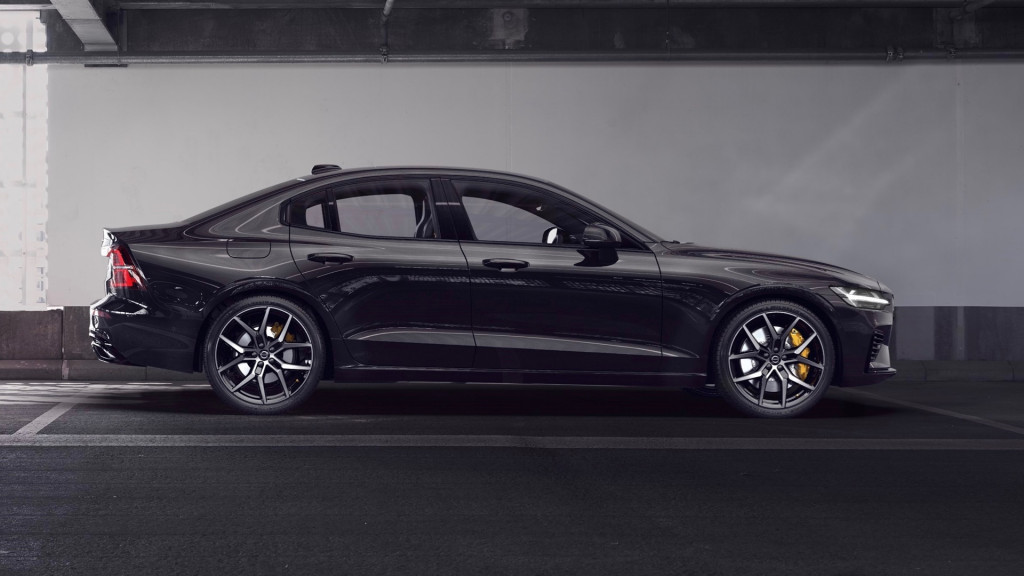
2021 Volvo S60 Polestar Engineered
The Kuga is a rebadged Ford Escape. A plug-in hybrid version of that model for the United States has been delayed to 2021, in part due to the European recall. The related Lincoln Corsair Grand Touring plug-in hybrid has been delayed as well.
Volvo's strategy is big on plug-in hybrids, which may have helped it achieve the necessary European emissions reductions with room to spare. To boost its sales of them toward a targeted 20% in the U.S., Volvo just lowered prices. Currently, its only all-electric models are the Volvo XC40 Recharge and Polestar 2, which share a common platform.
This isn't the first example of European-market emissions credit-pooling. In 2019, Fiat Chrysler Automobiles made a deal with Tesla, reportedly worth $2 billion, to pool credits in Europe.
As the company heads into a merger with PSA, becoming Stellantis, that automaker's dependence on Tesla will wane.
